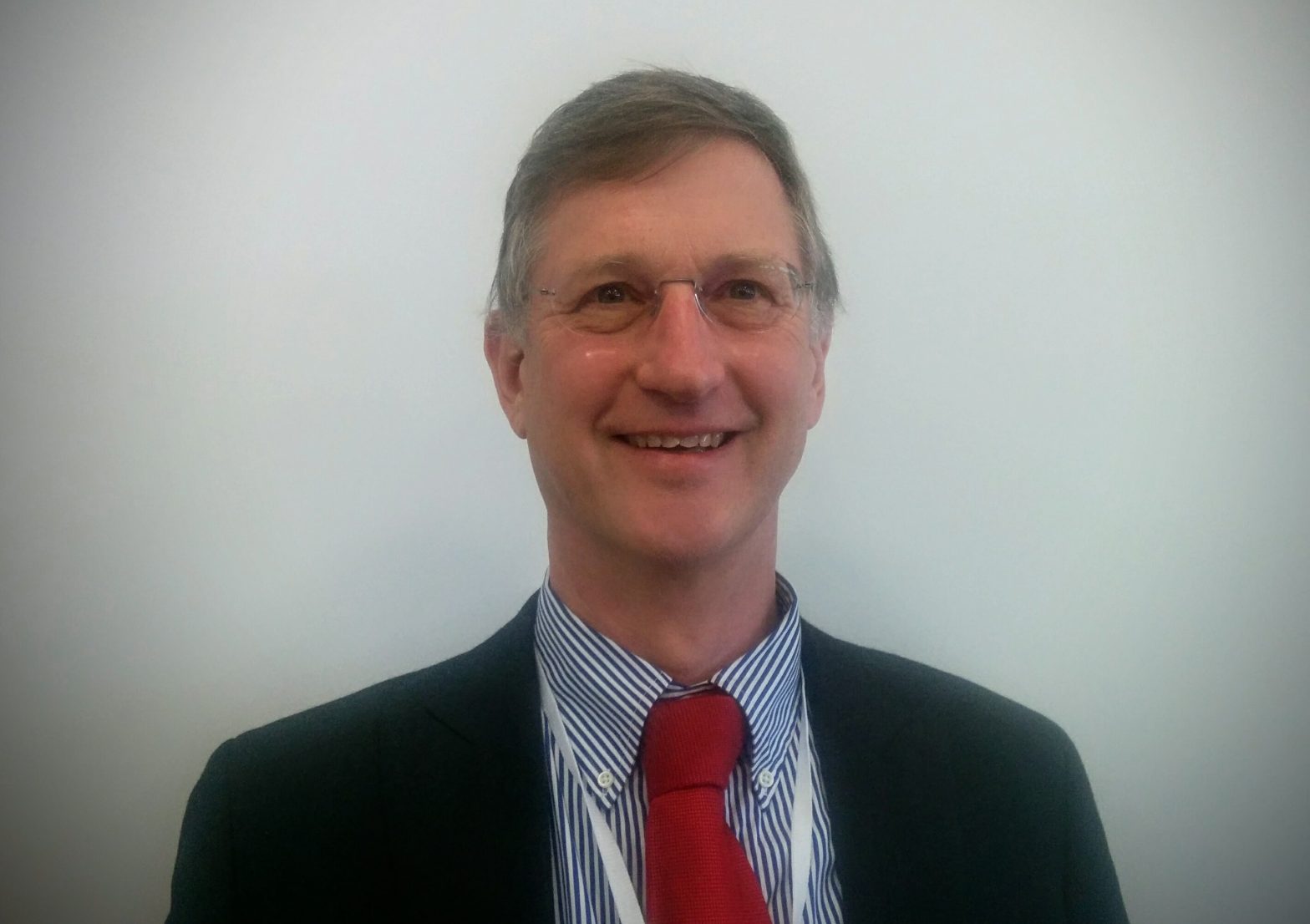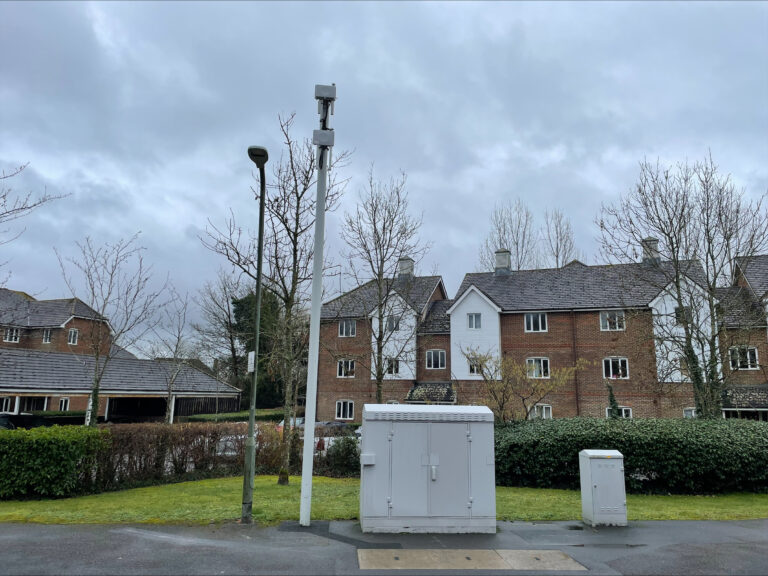
Photo: IMG_20160406_155849
Stockholm promotes €25 million business-city collaboration
07 April 2016
by Jonathan Andrews
The GrowSmarter project, which is backed by €25 million of EU funding from the Horizon 2020 programme, is connecting three ‘lighthouse cities’–Stockholm, Cologne and Barcelona–with industry to demonstrate 12 smart city solutions in energy, infrastructure and mobility. Jonathan Andrews spoke to Gustaf Landahl, Head of Department in the City of Stockholm and GrowSmarter Coordinator, during the Smart Summit Frankfurt.
The project was launched just over a year ago, what stage is it at and what progress has been made so far?
There are several stages in the project with the first being the inception stage. Because we are cities, we have to follow procurement legislation and once we had done that, we had to go through an inception stage. We have now started putting the solutions in place.
What takes the longest is the renovation of more than 100,000 square metres of residential buildings because we have to offer those who live there the option to move out while the renovations are going on. The idea is that the same people will live there after the renovations.
The 12 solutions are all taking place in the same area on the outskirts of Stockholm. Is there any particular reason for that?
In all three lighthouse cities, we have sites where we want to have demonstrations of all 12 solutions: four in energy, four in infrastructure, and four in mobility, all connected and at the same sites. This is because when we bring visitors, like other cities from Europe and from abroad, to look at these smart solutions we want them to all be in the same place. There are also some win-win solutions by having both e-mobility, solar panels and virtual power plant buildings in the same location because they support each other.
In all three cities, the areas have been chosen because they need regeneration. When we applied, we chose areas where we knew the general decisions had already been taken, so they are strategically chosen areas with buildings from the 1950s and 1960s, from where a large proportion of the European building stock comes from. Some 200 million Europeans live in those buildings, so that is an important factor.
You also mentioned in your presentation that pilots are great for breaking down silos and inducing change. Once the project and funding end in 2019, isn’t there a risk that old habits will creep back in?
No, my experience from previous projects, especially in mobility has been that once you demonstrate a smart or different solution that breaks down the silos, when people see that this gives new possibilities, they then change their direction.
Cities are very much into maintaining things the way they’ve always been–normally they are rather conservative and not open to much change. Change is scary and might lead to a need for huge investments, so they think it’s better to stay with what they have. But by doing pilot projects you show that something new is possible and you see the great advantages it has. If the pilots succeed, I’ve never seen cities going back to their silos.
What is the ultimate goal of the project, and is a business case part of this?
We are showing 12 different smart solutions with business cases for each of them. We are trying to help the market develop those 12 smart solutions with the ultimate goal being to save some 60 percent of greenhouse gas emissions and also to create 1,500 jobs on a demonstration level, and of course this will be scaled up if other cities follow.
Is this where the 20 industry partners come in?
Normally when a city has demonstrations, it’s just a city showing another city. We want to work more in a mixed-economy way by bringing industry partners into the demonstrations.
Compared to the other smart city projects co-financed by the European Commission, we have a very high proportion of industry partners in GrowSmarter because we want them to be there.
Cities mostly only go to other cities because they feel secure with other cities but when they come [to us] we want the industry partners to be there and eventually to take over and make sure that cities and industry move into a real business case or agreement. We want to help Europe grow smarter.











